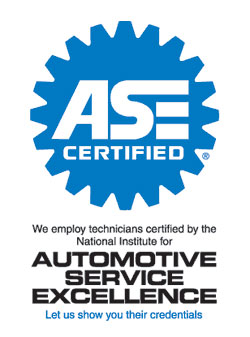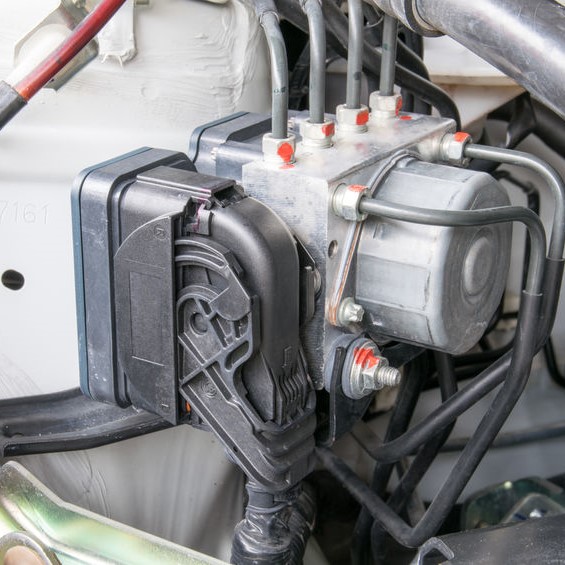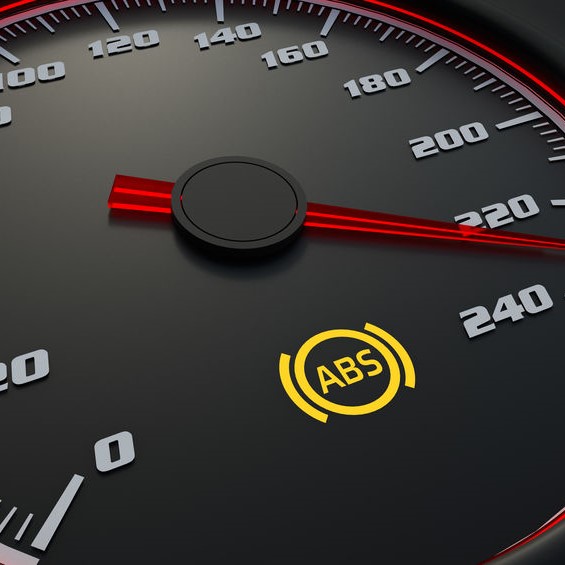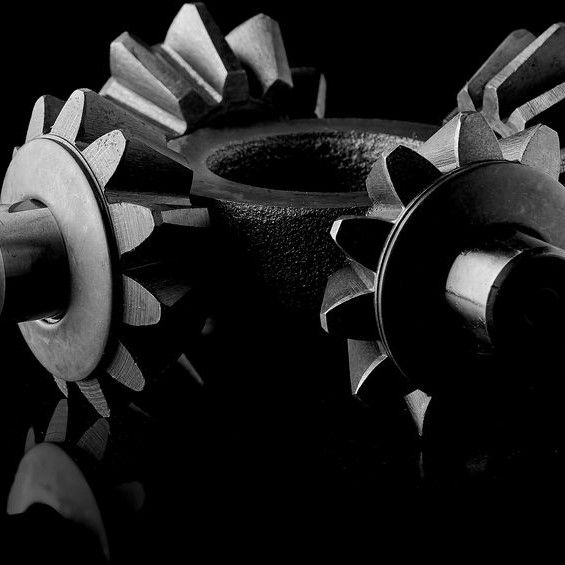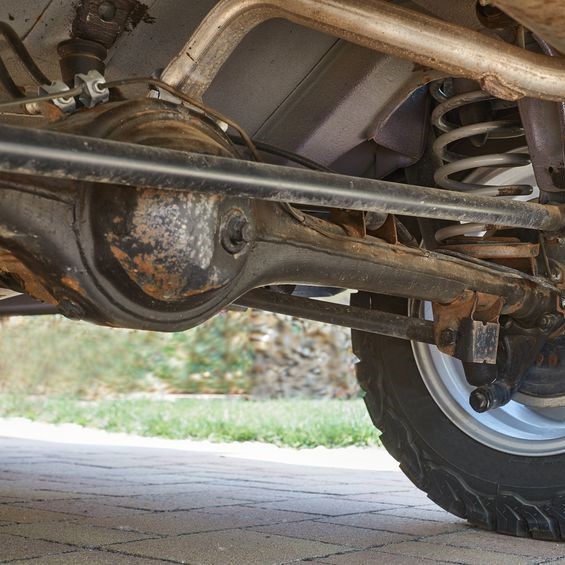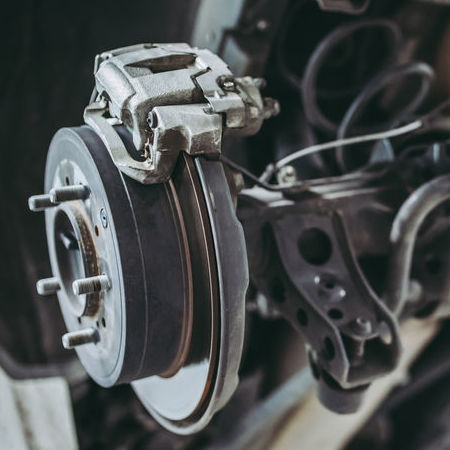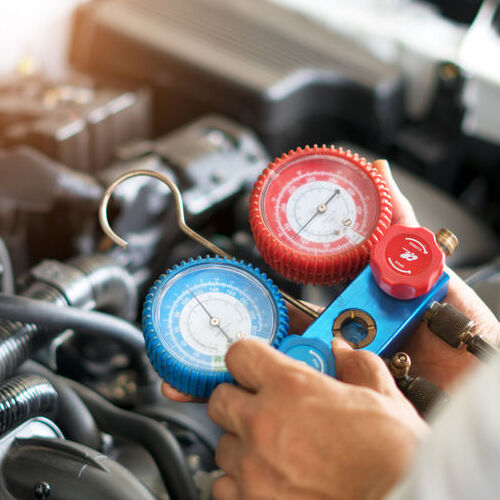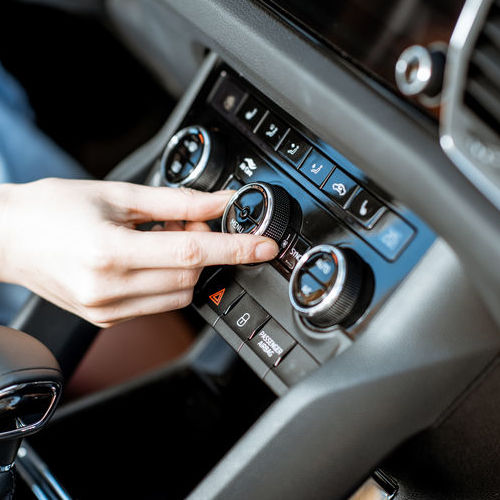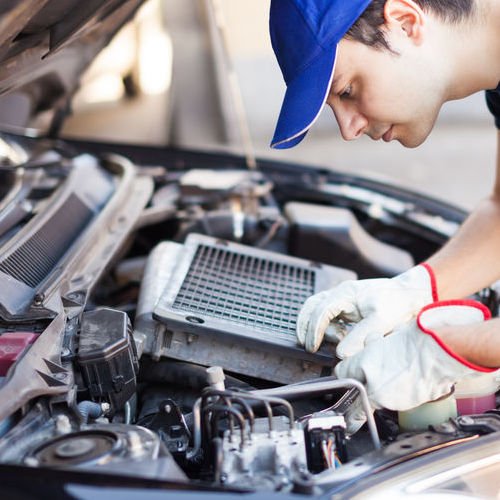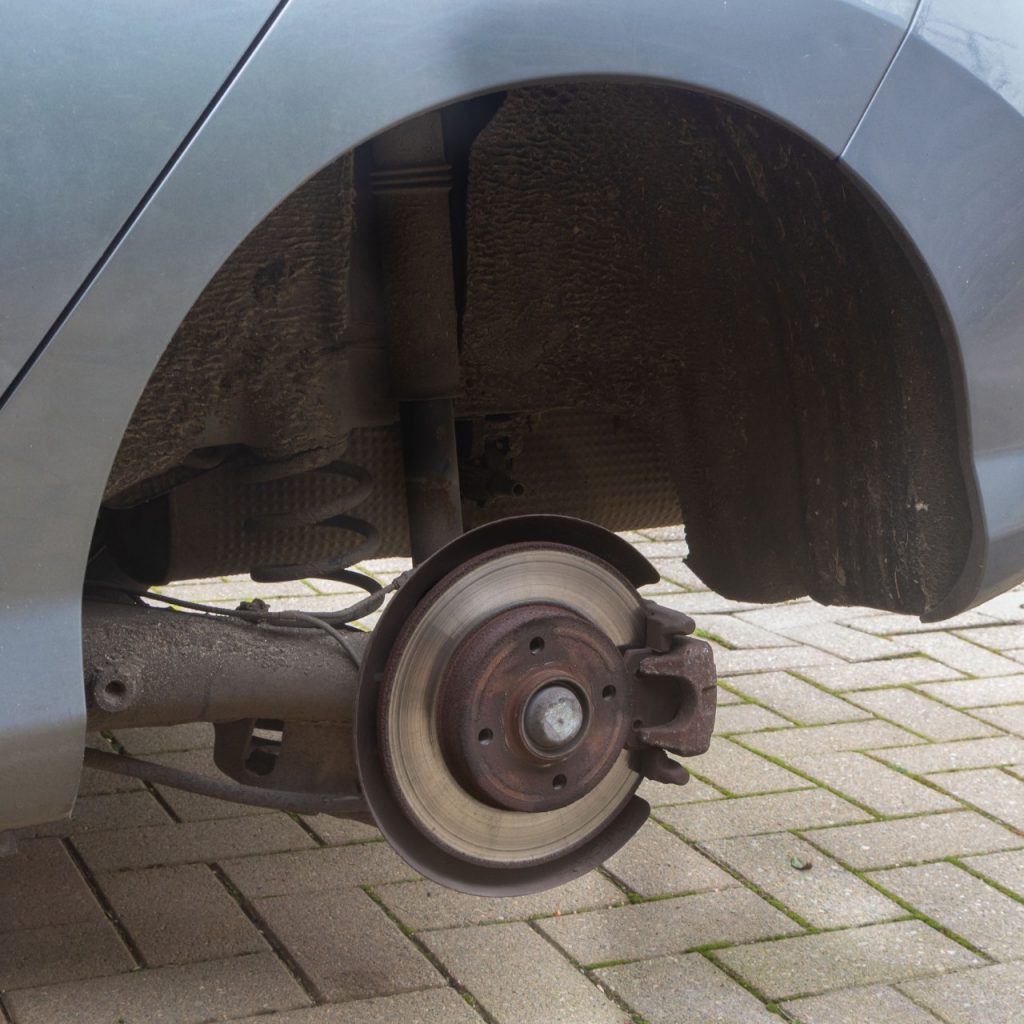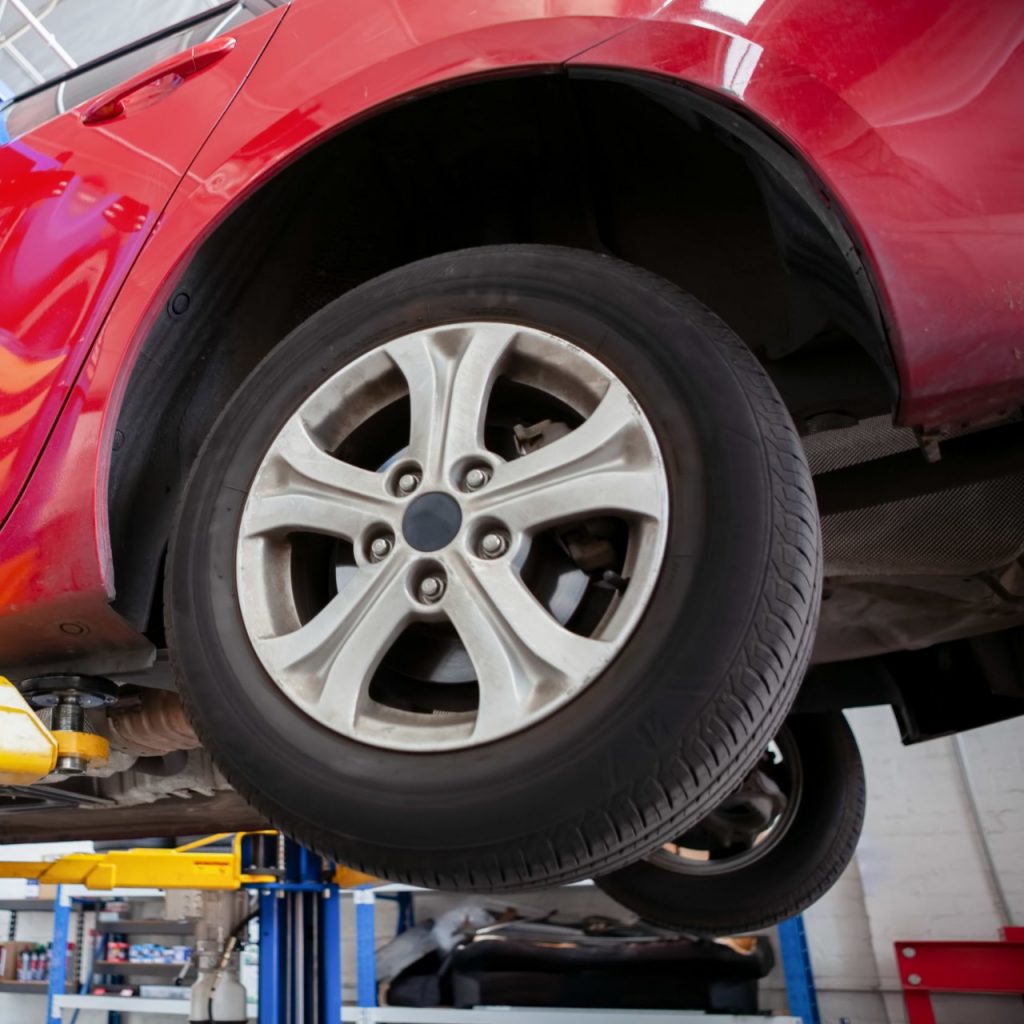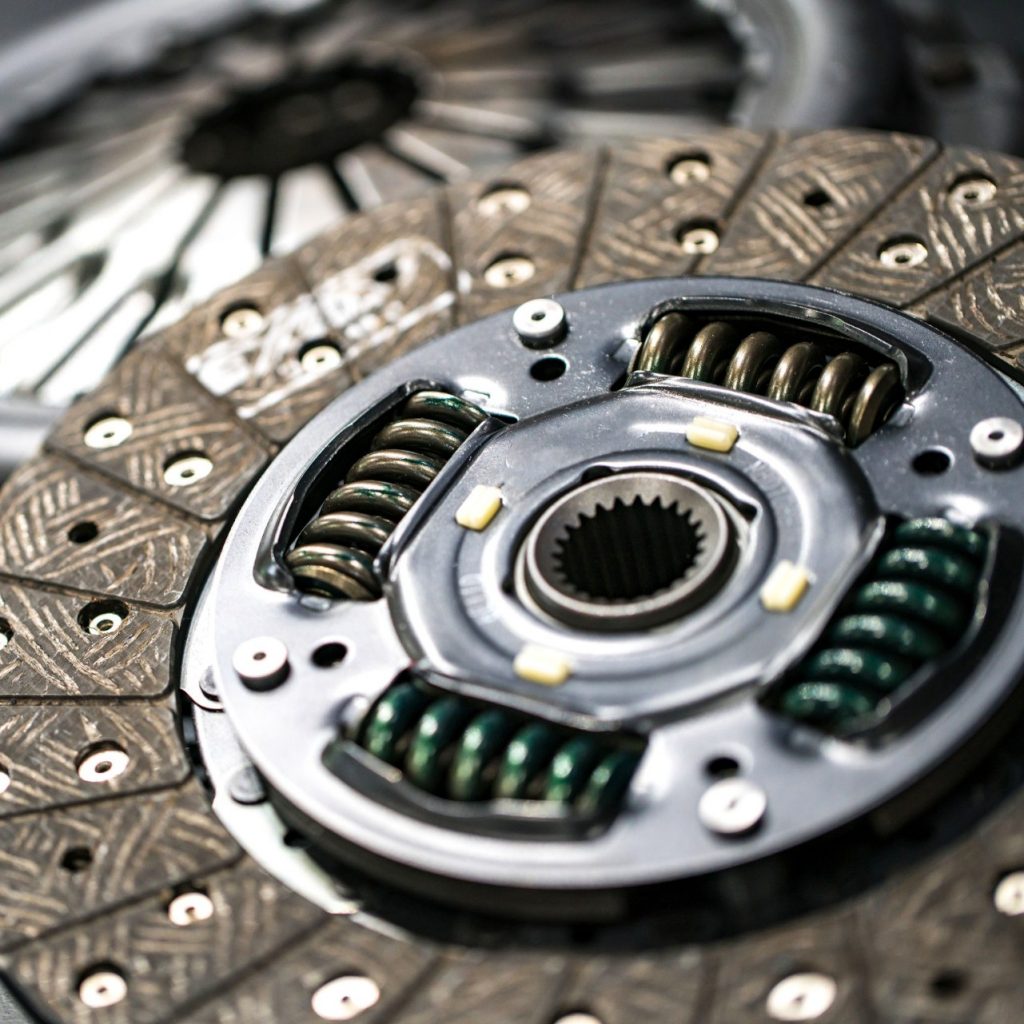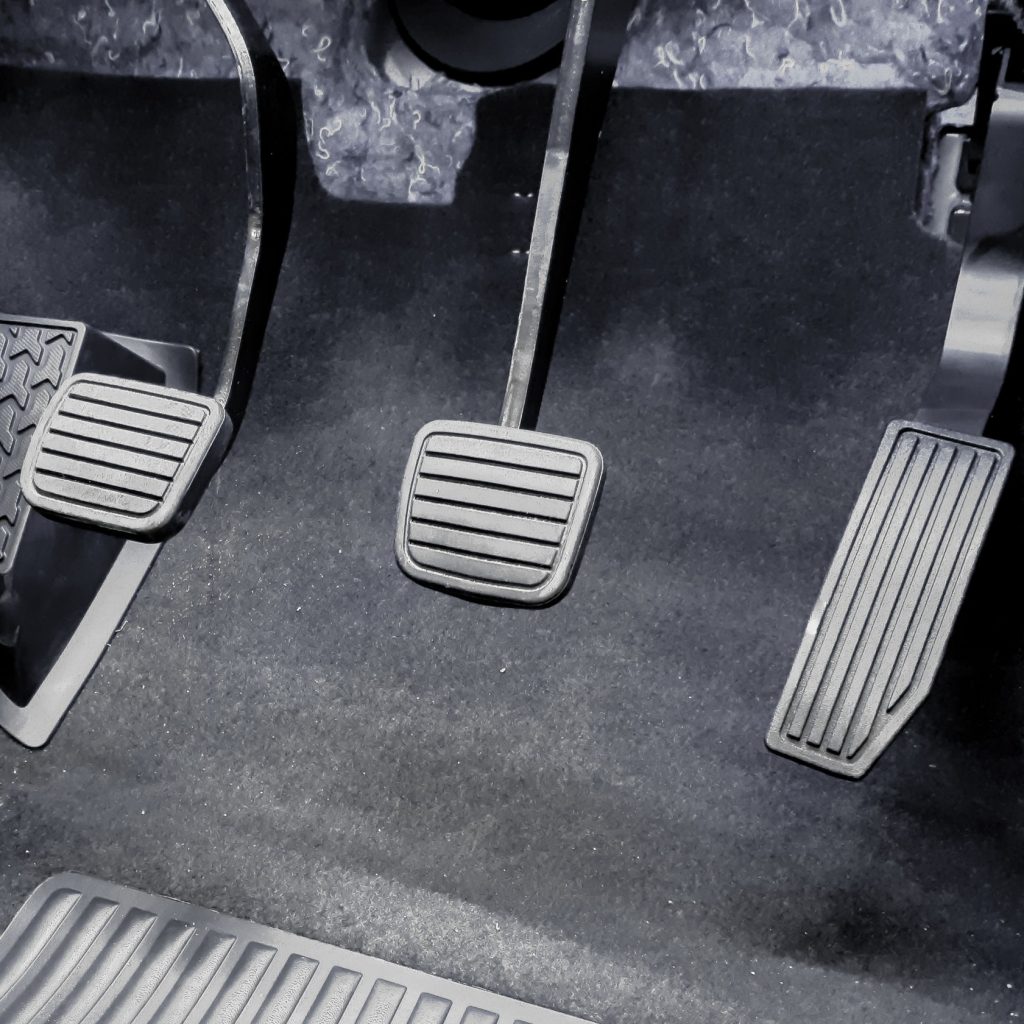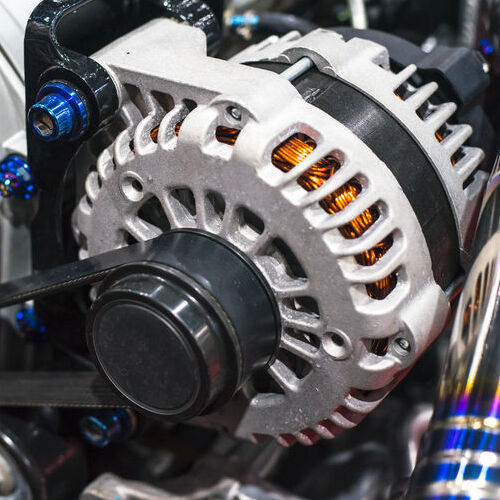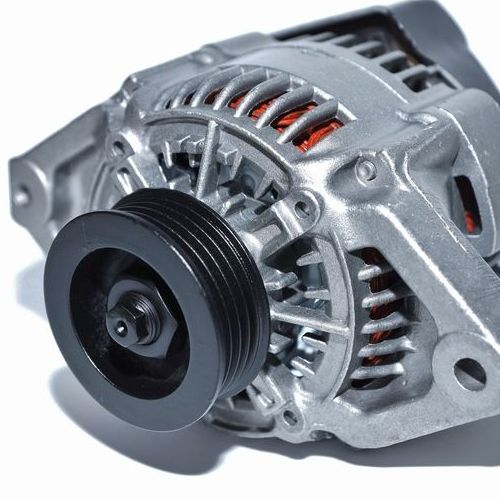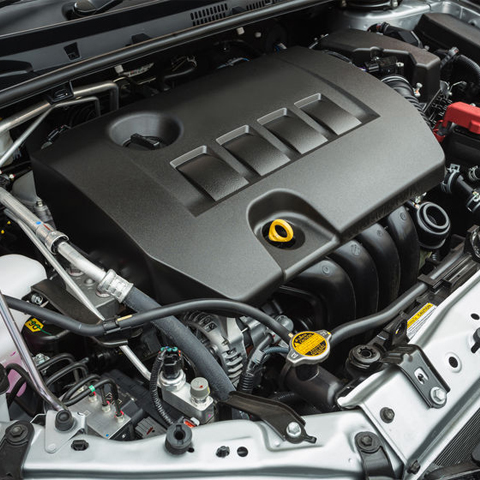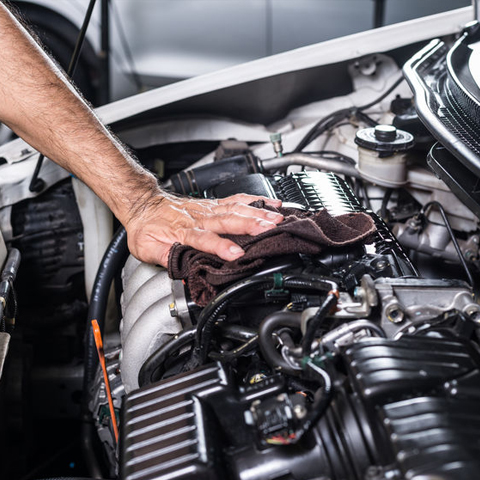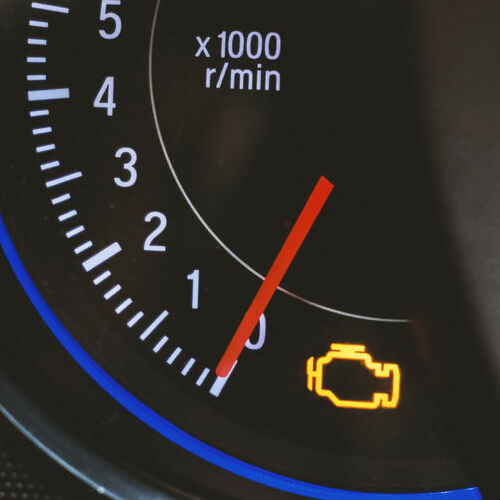
Can I drive with check engine light on?
Whether you’ve just started your car or you’ve been driving along, when you’re check engine light pops on it can cause alarm and frustration. The biggest question that comes to mind: Should you keep driving when the light comes on? Usually, you have no reason to panic. When the light comes on, it means your car’s computer system has detected some kind of malfunction.
If the light is steady, you should be OK to drive the car unless it’s bucking, making unusual noises, or surging. If there are no immediately discernible problems, you still should take it to a repair shop or dealership as soon as possible so the problem can be diagnosed. Problems could range from a loose gas cap to a faulty oxygen sensor to faulty spark plugs.
A flashing engine light means the computer has detected a severe fault such as a damaged catalytic converter. You’re better off not driving the car if the light is flashing because the engine is misfiring in some way. If your light pops on and you need a check engine light inspection in Venice, FL, bring your car in to the experts at Rolling Auto Service. Set up a service appointment by calling 941-493-6511.
What could cause the check engine light to come on?
When your check engine light comes on it means your car’s computer has detected a malfunction. What that malfunction is could mean different things:
- A loose gas cap
- Faulty ignition coils
- Faulty spark plugs
- Faulty catalytic converter
- Faulty oxygen sensor
- Faulty mass airflow sensor
- Faulty evaporative emissions purge solenoid
- Faulty fuel injector
Can low oil cause the check engine light to come on?
Another reason your check engine light might come on is low oil pressure. If your oil pressure is low, however, the oil light will also come on. Low oil pressure occurs because of wear and tear on your oil pump or from letting air in the pump or putting too much oil in it.
Can check engine light come on when cold?
Extremely cold temperatures could cause your check engine light to come on. If ice forms near electrical components it’s possible false voltage readings could result. The computer codes should be checked to make sure this is the case.
Can check engine light come on for no reason?
If your check engine light comes on, there will always be a reason for it. It’s not, however, always indicative of a major malfunction in your car’s fuel or emissions system. A loose gas cap or an electrical issue, including a faltering or dead battery, could cause the light to come on. The only way to be certain of what’s causing the problem is to have it diagnosed at an auto repair shop because the light could also indicate serious problems like faulty coils or a bad catalytic converter.
Will check engine light reset itself?
Whenever you’ve repaired the issue that caused the check engine light to come on, the light should normally reset itself. This process could actually take some time. So don’t be alarmed if the light stays on for a short period after the repair is made. The car may need to be driven several cycles—or driven until it warms up before stopping—for the light to reset. If the light takes some time to reset, you might have to reset it using an OBD reader, the diagnostic tool technicians use to scan the fault codes. Disconnecting the battery will also cause the light to reset.
What causes check engine light to flash?
If your check engine light is flashing, this normally indicates a repair is urgently needed. Flashing lights are often indicative of one of these problems:
- A defect in the ignition system could include bad spark plugs, hoses, coils, or wires.
- A faulty fuel system including temperature sensors, fuel injectors, or coolant.
- The engine is damaged internally, which could mean the cylinder heads, the pistons and rings, or the timing belt.
How can I check my engine light for free?
Several options are available to test your check engine light for free. You can download an OBD reader app to your smartphone that connects by Bluetooth to your car’s computer. Some auto parts chains provide free diagnostics and some repair shops also provide free diagnostics. Rolling Auto Service provides a free check engine light diagnostic with the purchase of another service.
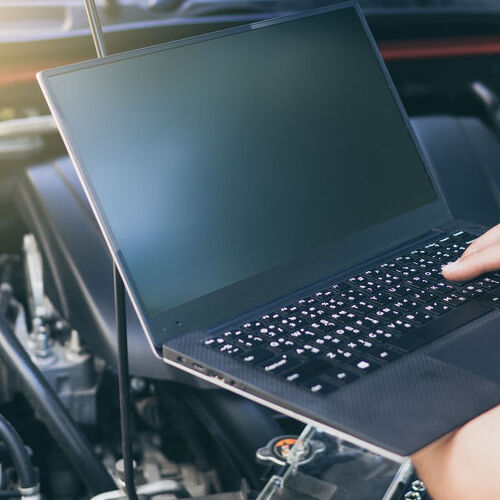
Where to diagnose check engine light
When any dashboard warning light comes on, you want to get it inspected as soon as possible. If you need an accurate check engine light diagnostic in Venice, FL, look to the professionals at Rolling Auto Service. We offer a full range of automotive services for most makes and models. Find out more or schedule a service appointment by calling 941-493-6511.

